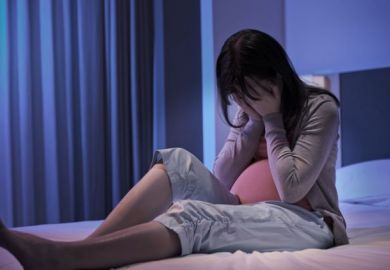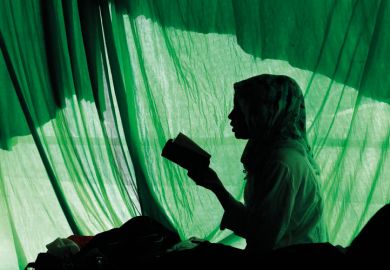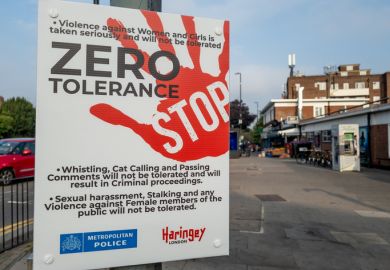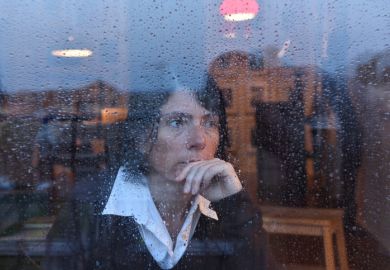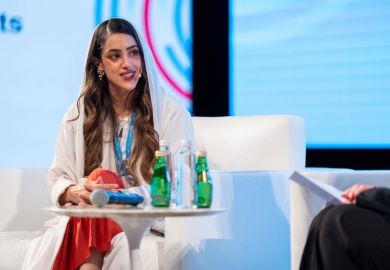South Korea’s women-only universities face an uncertain future, with more facing the prospect of having to admit male students as enrolments fall.
Dongduk Women’s University, a private institution and one of the country’s seven four-year women’s colleges, has been under fire since it was revealed that management were debating a shift to co-education.
Students at the university held demonstrations against the possible move, arguing that it would fly in the face of the university’s mission to empower women. They also expressed concerns that they had not been consulted on the decision.
However, facing declining enrolment levels because of the country's low birth rate and increasingly reliant on international student fees, some institutions feel they can no longer afford to be selective.
“From the university’s perspective, it’s important to maintain their student population,” said Hannah Kim, an assistant professor in Sogang University’s Graduate School of International Studies. “For students, however, this may seem to go against the mission of preserving a women-only community.”
Some formerly female-only universities have already made the transition, including Daegu Catholic University in 2015, which cited difficulties attracting students as the reason for the switch in 2015.
In 2009, there was a backlash when Ewha Womans University, perhaps the most famous of the country’s single-sex institutions, planned to admit male students into its law school. Today, the university admits male international students – something increasingly common among these institutions.
David Tizzard, assistant professor in Korean studies at Seoul Women's University, said that when male exchange students began enrolling in his institution, students were initially “taken aback” but soon came “to appreciate their presence as well as accept the diversity of opinions and ideas that sometimes might arise”.
However, he said, there is still a clear “gender gap” in Korean society, where the expectation is that men and women will be treated differently.
South Korea remains deeply patriarchal, with a deepfake pornography scandal having brought the issue of misogyny in academic circles to the fore in recent months, and some argue that single-sex colleges are some of the few safe spaces for women.
“We need more institutions to empower women to become future leaders and creative thinkers,” said Theodore Jun Yoo, associate professor in Yonsei University’s department of Korean language and literature. “Where can you find such spaces if they are not Ewha, Sookmyung, Sungshil or Dongduk?”
Despite these concerns, many academics agreed that women’s universities were likely to start considering the switch for financial reasons, although the issue is nuanced.
“There is a lot of talk about the decline in the school-age population but universities in Seoul are hardly affected by it,” said Jang Ko, professor in the department of education at Sungkyunkwan University. “Since many students want to study in Seoul, universities in Seoul do not really worry about recruiting students.”
Professor Ko said that while women’s universities might avoid admitting male students at the undergraduate level because of student resistance, more are likely to begin accepting male postgraduates.
However, she expected that some top women’s colleges would remain female-only “for the sake of their reputation or status”.
Register to continue
Why register?
- Registration is free and only takes a moment
- Once registered, you can read 3 articles a month
- Sign up for our newsletter
Subscribe
Or subscribe for unlimited access to:
- Unlimited access to news, views, insights & reviews
- Digital editions
- Digital access to THE’s university and college rankings analysis
Already registered or a current subscriber?



